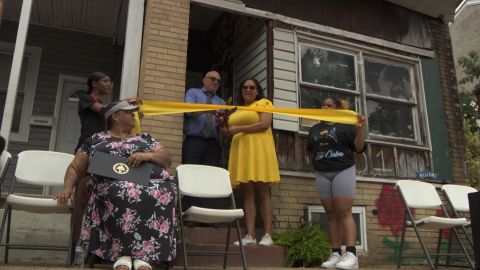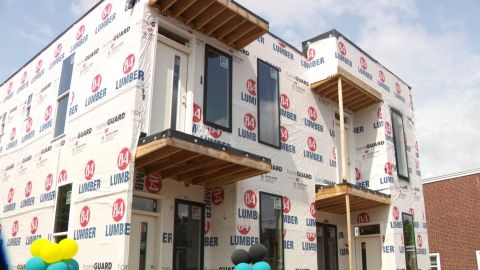Will Atlantic City Rise Again with Legalized Sports Betting?
Two years after now President Donald Trump’s Taj Mahal shut down after workers went on strike, the casino’s doors are reopening with new ownership, under a new name, Hard Rock. This known brand is trying to take advantage of recently legalized sports betting in New Jersey in hopes of drawing year-round crowds, steady business, and jobs back to the boardwalk.
Our series, Voices from Atlantic City, traces the history of this gambler’s paradise through the eyes of local stakeholders, from the “good old days” to its decline. For decades, seaside casinos provided a reliable lifeline for thousands of workers following the legalization of gambling in 1976. However, by 2014, four of the largest casinos shut their doors due to bankruptcy and 8,000 people were left without jobs. The series tells the stories of local workers, including those who went on strike against Trump’s Taj Mahal.
Voices from Atlantic City shares the perspective of the people who kept this infamous city running and lost everything. Now the question is whether the issues of the past will have an impact on the prospects of today. Will sports betting create sustainable jobs or is it just another gamble?
This series was produced by Lauren Feeney, Cameron Hickey, Joshua Z. Weinstein, Nina Chaudry, Ed Hersh, Stephen Segaller, and John Servidio.
Revisit Voices from Atlantic City below.
———————-
Voices from Atlantic City (2016)
Part 1: The Promise
Learn about the heady optimism as Atlantic City pioneered the idea of using casino gaming to revitalize a depressed urban community.
Part 2: The Heyday
The 80s were the days of glitz and glamour, Donald Trump, and disco. In this episode, meet a cocktail waitress, a pit boss, a hair stylist, and a drug dealer who tell us what life was like at a time when the opportunities seemed limitless.
Part 3: The Decline
By 2014, the fallout from the economic crash of 2008 and other factors resulted in the closing of four casinos, costing 8,000 people their jobs. In this episode, learn about the social, political, natural, and economic factors that lead to the closings, and hear from the workers themselves about the day they learned the doors were closing.
Part 4: The Aftermath
This episode explores the difficult road ahead for those affected by the closing of the casinos, as we follow former workers to a welfare-to-work program, a food bank, and a sheriff’s sale. In 2016, with the casino closings, Atlantic County, NJ, had the highest rate of home foreclosures in the country.
Part 5: The Future
In this final chapter of our series, as the summer of 2016 approaches, workers at the Trump Taj Mahal attempt to save one of the last vestiges of the “good old days,” while others search for new directions for themselves and the city’s economy.



